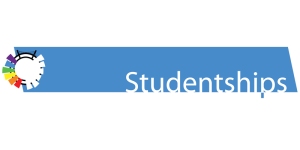International Officer, Communications and Marketing, University of Cardiff, Wales, UK. Deadline: 7 May 2024.
This is an exciting opportunity to work in a highly motivated, strategically focused International Recruitment team. As a key member of the international team, you will develop and implement strategies for international student recruitment from selected countries within a designated geographical region, with responsibility for achievement of shared recruitment targets in these countries. You will formulate, co-ordinate and undertake student recruitment activities in your markets through effective country management. Activities will include a range of business development initiatives within the countries of responsibility, including market campaigns, commercial relationship management and profile-raising activities; and contributing to the maintenance of strategic partnerships.
You will play a lead role in advising colleagues in academic schools and colleges on the development of recruitment activities both within the countries that you manage and more broadly across our international activity. The role holder will initially manage international recruitment from UK and Europe. This post will involve regular travel overseas and within the UK (approximately 12 weeks per year). The International Office has a blended approach to working, currently working on campus on Wednesdays and Thursdays and remotely (from home) for the rest of the week. The option to work on campus full time is available if staff members choose to do this.





